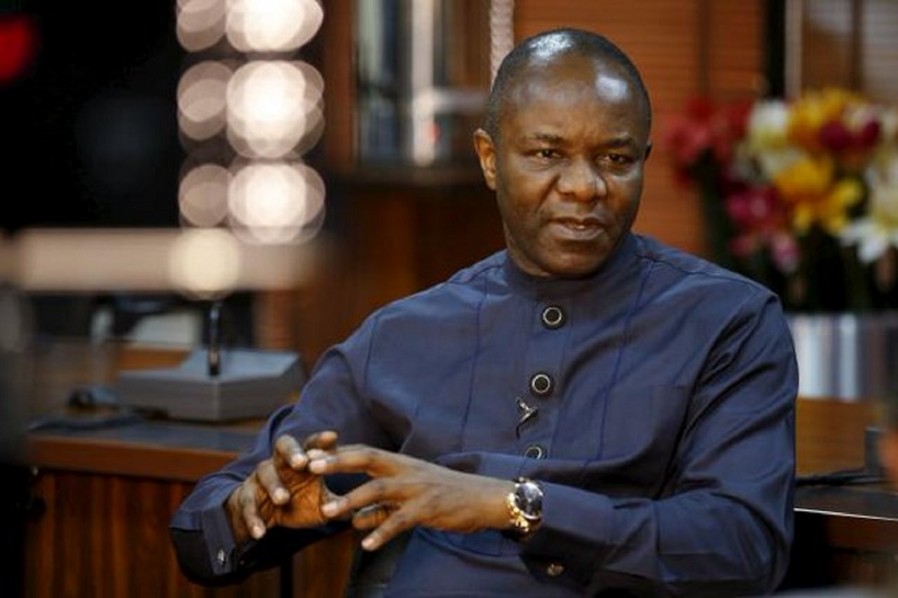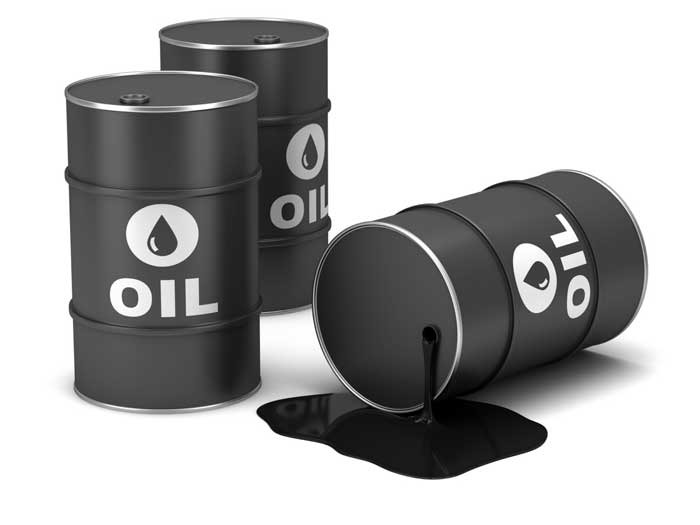Federal Government may be loosing $2 billion annually to the duplication of biometric collection by government agencies, an Information technology expert has said.
An official of the Information Technology unit of the OPEC Fund for International Development (OFID), Jacob Edo, disclosed this during a press conference to herald the launching of a digital transformation book to be held at the Nixon Luxury, Abuja.
The expert pointed out that funds used in the management of infrastructure for the biometrics including the money paid to consultants may have accrued to the lump sum.
Edo lamented the proliferation rate of data collection across the country, disclosing that about 23 agencies of government that are not inter-connected are currently collecting biometrics leading to duplication and multiplication of government effort and policy collision.
He decried the way digital services are rendered in the country as most of the agencies are doing it for themselves and none of them are interconnected, stressing the need for a synergy among the agencies such that data collected would be the same in all the agencies.
Noting the recent statistics that showed the country may need $15million to keep the government moving, he said if the country does not start cutting cost and doing the right thing, government may have to be borrowing to pay salaries, which is not sustainable.
He said that some of the challenges have been itemized into three parts, including reforms in the Nigerian Civil Service/Public service, looked into the public service in other developed country especially Kenya who are far ahead in the digitalization of their economy while the third part talked about what could be done to make the public service more efficient.
He said to improve easy access and reduce prices of data services, there is a need for government to invest in fibre reel adding that the fibre reel would bring data closer to the people and it is not too expensive


